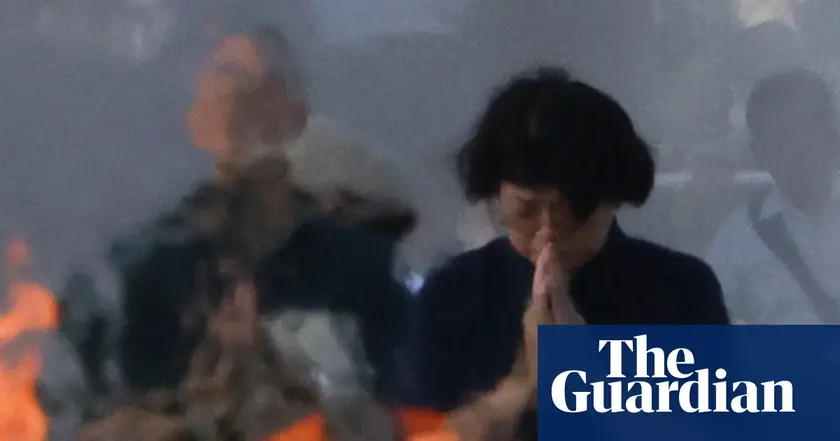T4K3.news
World marks Hiroshima's 80th anniversary amid nuclear tensions
Experts warn of increasing nuclear threats on the anniversary of the atomic bombing.
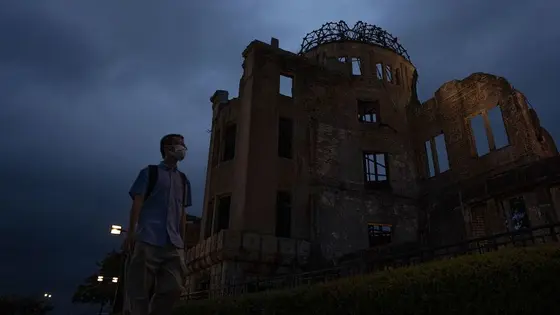
The world reflects on the Hiroshima atomic bombing while experts warn of growing nuclear threats.
World remembers the Hiroshima bombing as nuclear tensions rise
As the world observes the 80th anniversary of the Hiroshima bombing, experts and survivors express deep concern over escalating nuclear threats. On August 6, 1945, a US B-29 bomber dropped the atomic bomb known as "Little Boy" on Hiroshima, killing over 110,000 instantly. This marks the only use of nuclear weapons in warfare. At the Hiroshima Peace Memorial Park, dignitaries commemorated this historic moment, while discussing the more pressing dangers that nuclear weapons pose today. Japanese Prime Minister Shigeru Ishiba highlighted the deepening divisions in global nuclear disarmament efforts. Survivors' groups stress the urgent need for change as nuclear rhetoric intensifies between world powers, particularly following events like Russia's invasion of Ukraine and conflicts involving India and Pakistan.
Key Takeaways
"We face greater nuclear threat than ever."
Japanese Prime Minister Shigeru Ishiba expresses the urgency of addressing today's nuclear challenges.
"The countries that possess nuclear weapons are increasing their arsenals."
The Doomsday Clock report warns about growing nuclear capabilities.
"Any attempt to deny the position of the DPRK as a nuclear weapons state will be thoroughly rejected."
Kim Yo Jong of North Korea asserts the country's commitment to maintaining its nuclear status.
The mixed emotions surrounding the anniversary of Hiroshima reflect a complicated landscape of modern international relations. While the horrors of atomic warfare stand fresh in the memories of those affected, today's geopolitical conflicts have revived fears of potential nuclear confrontations. The words of Hans Kristensen from SIPRI resonate strongly, capturing a growing unease amidst the expansion of nuclear arsenals worldwide. Nations seemingly invested in militarization rather than de-escalation might trigger catastrophic consequences, jeopardizing global stability.
Highlights
- The horrors of Hiroshima echo in today's nuclear threats.
- Geopolitical tensions remind us how close we are to catastrophe.
- Each second on the Doomsday Clock counts in our fight against nuclear conflict.
- Hiroshima serves as a warning that we cannot ignore.
Rising global nuclear threats invite public concern
The current international climate reflects growing arsenals and tensions among nuclear powers, raising fears about potential conflict and devastating consequences.
As tensions rise, the world must confront the fragility of peace amid nuclear powers.
Enjoyed this? Let your friends know!
Related News
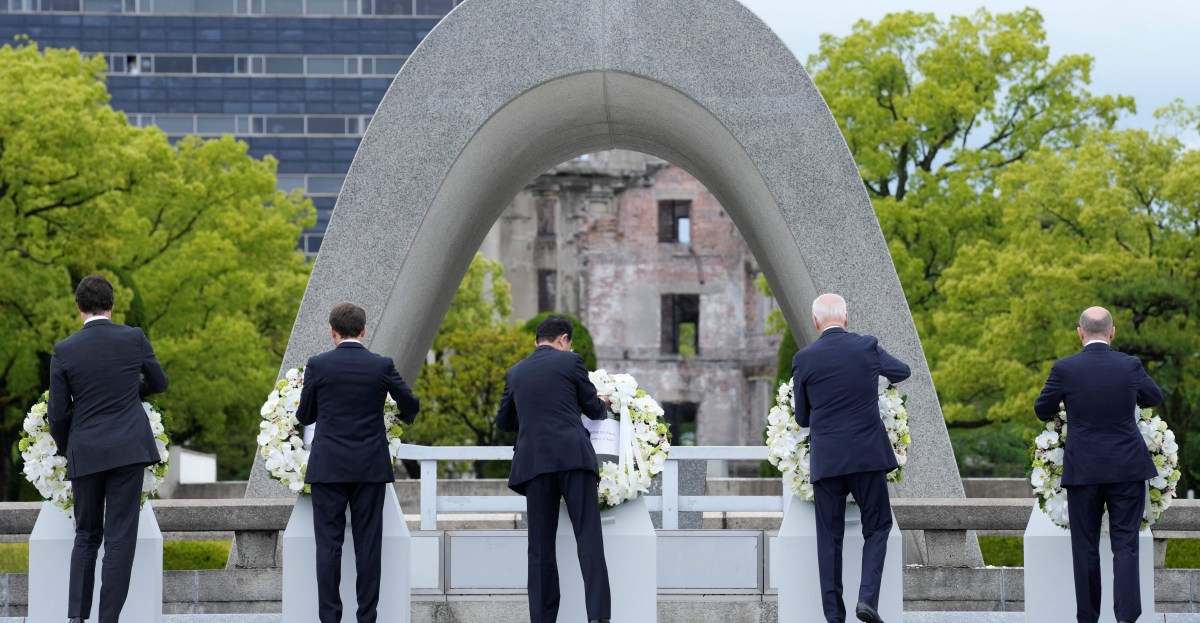
World marks Hiroshima anniversary with renewed nuclear fears
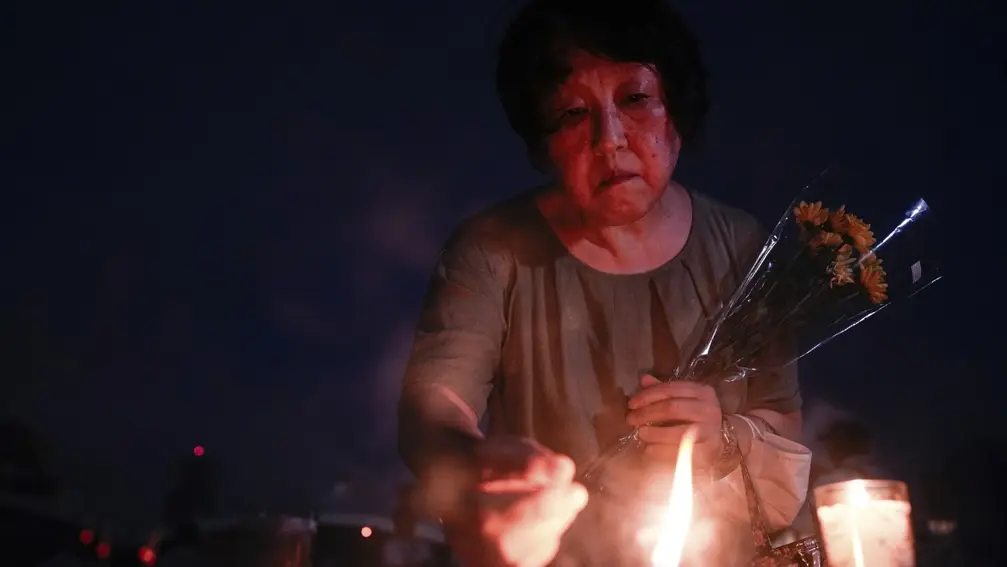
Hiroshima marks 80th anniversary of atomic bombing
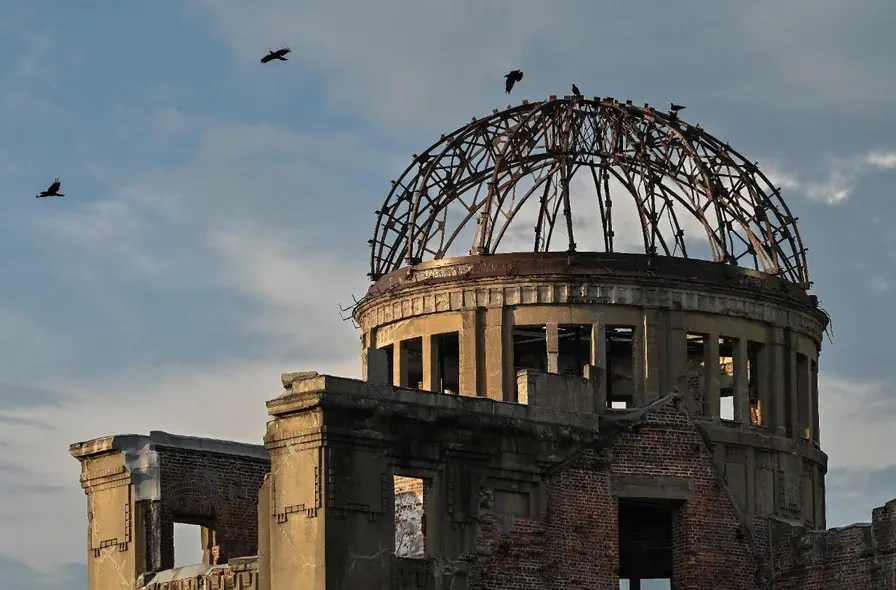
Pope urges commitment to peace on Hiroshima anniversary
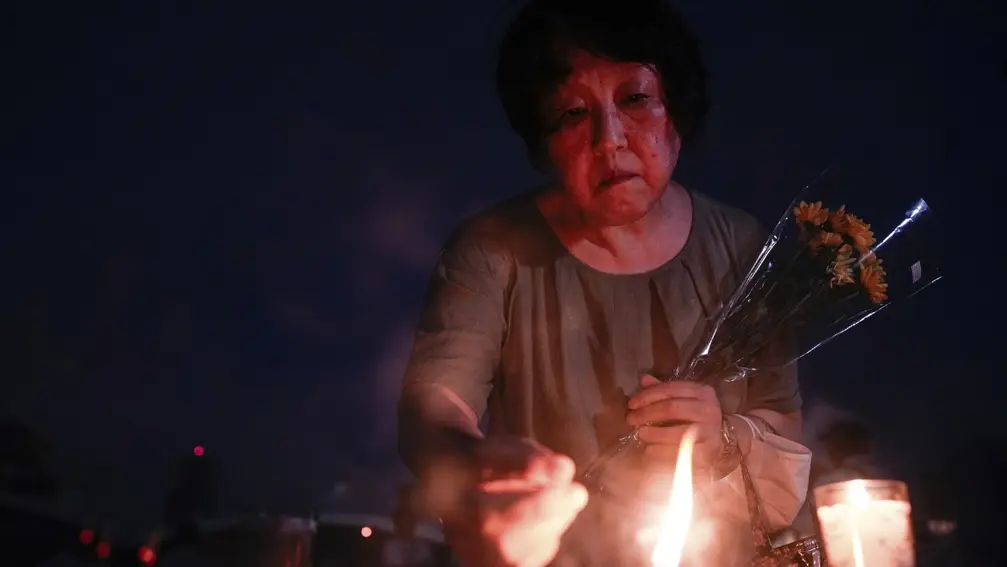
Hiroshima commemorates 80th anniversary of atomic bombing
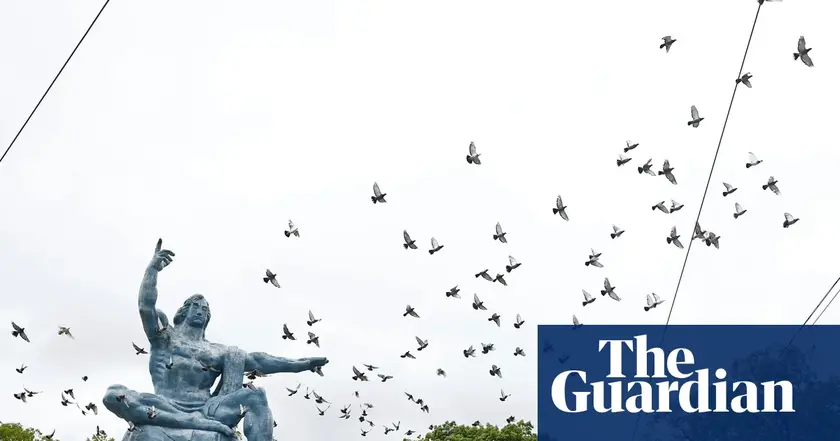
Nagasaki bell ceremony marks 80th anniversary
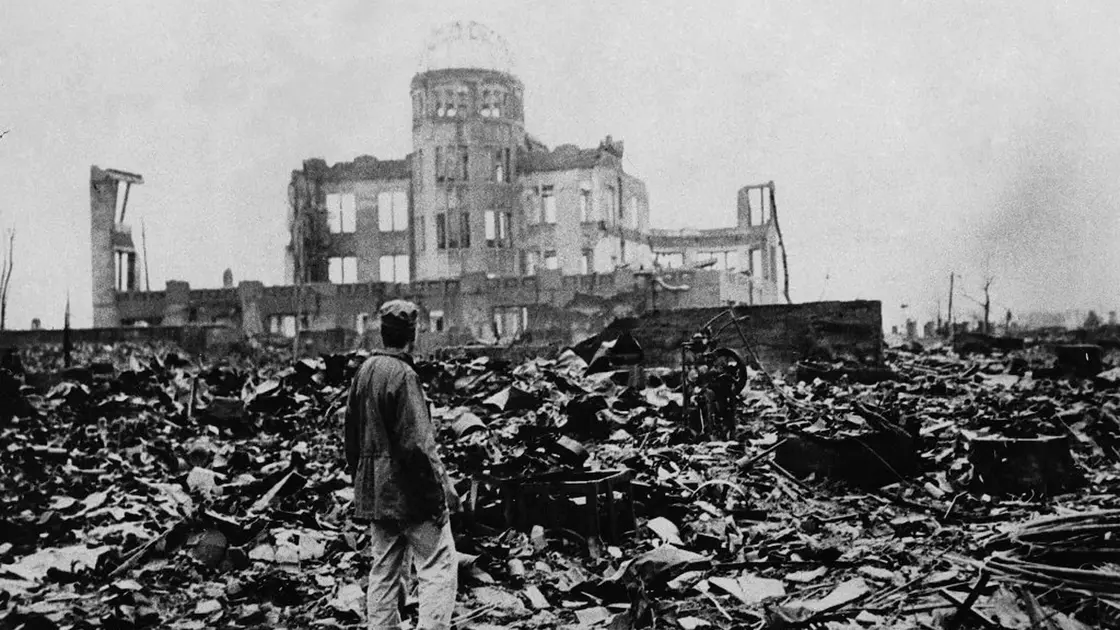
Japan marks 80th anniversary of Hiroshima bombing
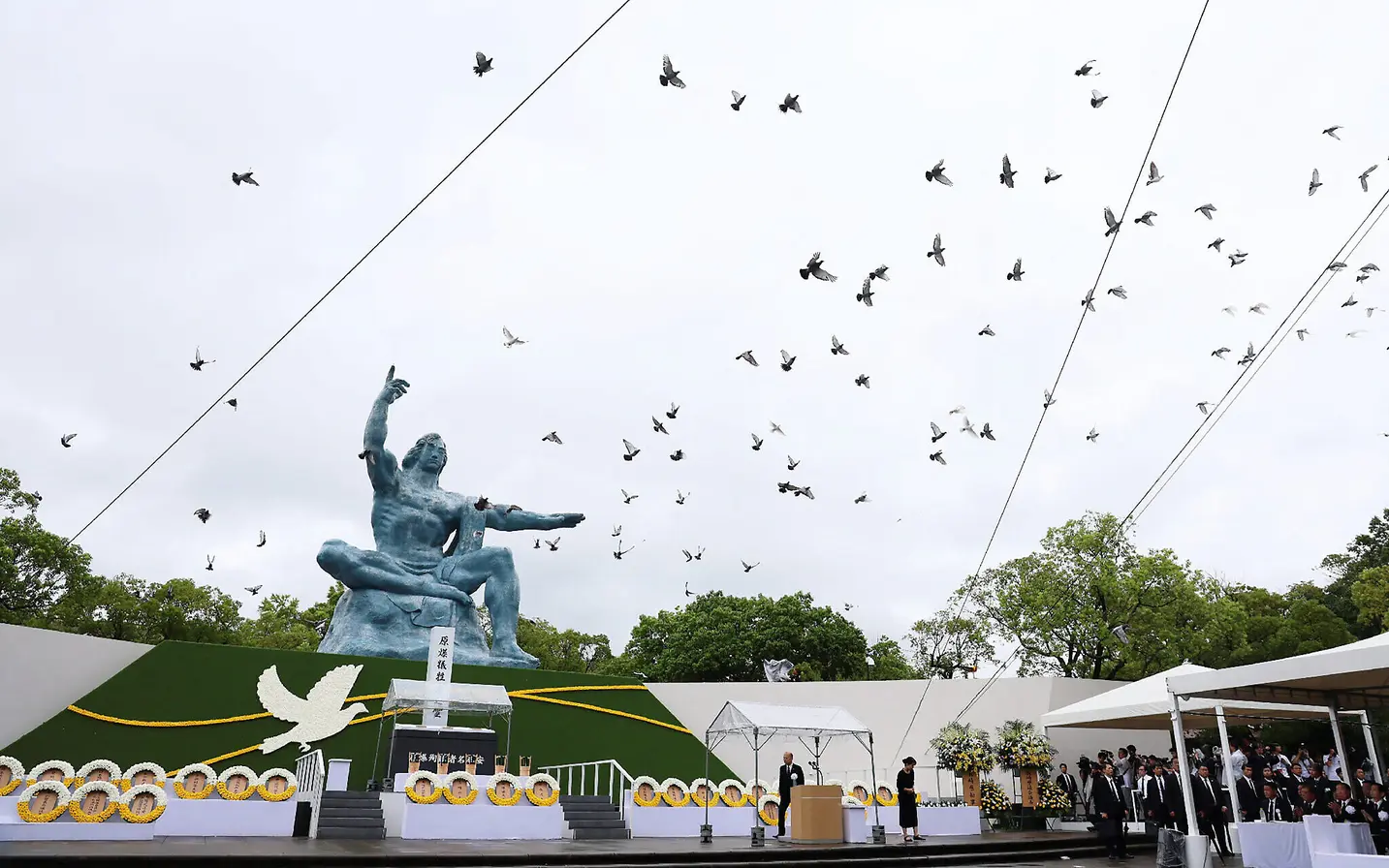
Nagasaki 80th anniversary ceremony
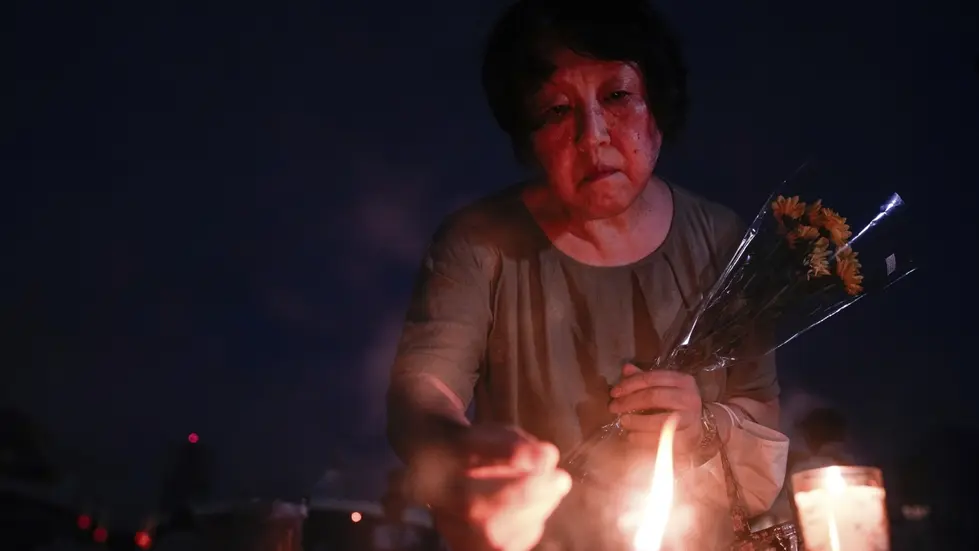
Hiroshima marks 80 years since atomic bombing
